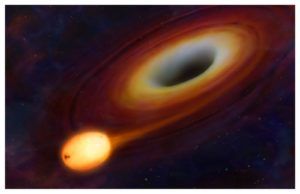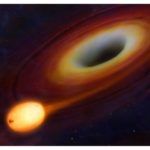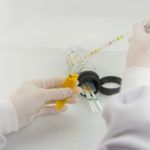A new study claims that alien planets could have a greater variety of life than Earth.
Earth is the only planet we know that teams with life, but that may change soon enough. According to findings presented at the recent Goldschmidt Geochemistry Conference in Barcelona, Earth may not be the best planet for life. “This is a surprising conclusion,” Dr Stephanie Olson, lead researcher from the University of Chicago, said in a statement. “It shows us that conditions on some exoplanets with favourable ocean circulation patterns could be better suited to support life that is more abundant or more active than life on Earth.”
Habitable distant worlds? Look no further than our oceans
Using software developed by NASA, Dr Olson’s research team simulated the climates and oceans of different types of exoplanets, or planets located outside our solar system. The team wanted to find out which exoplanets would develop and sustain life, based on ocean circulation. “NASA’s search for life in the Universe is focused on so-called Habitable Zone planets, which are worlds that have the potential for liquid water oceans. But not all oceans are equally hospitable–and some oceans will be better places to live than others due to their global circulation patterns.” The researchers found that exoplanets may even host more life than exists on our planet. These distant planets may have better conditions for life to thrive than Earth itself. Some will have better ocean circulation, driving the processes required for the evolution of life. This makes them possibly more habitable. Conditions there could encourage the healthy flow of nutrients through oceans, explains Dr Olson: “Life in Earth’s oceans depends on upwelling (upward flow) which returns nutrients from the dark depths of the ocean to the sunlit portions of the ocean where photosynthetic life lives. More upwelling means more nutrient resupply, which means more biological activity. These are the conditions we need to look for on exoplanets.”
The perfect conditions a world needs to host life
To identify which exoplanets will have the most efficient upwelling and ultimately supply mostly hospitable oceans, they employed an ocean circulation model. “We found that higher atmospheric density, slower rotation rates, and the presence of continents all yield higher upwelling rates. A further implication is that Earth might not be optimally habitable–and life elsewhere may enjoy a planet that is even more hospitable than our own.” The research could have major implications for how we go about searching for alien life, and for tools like telescopes needed to do so. “[N]ow we know what to look for, so we need to start looking,” concluded Dr Olson
More information
Access the full news
Dr Stephanie Olson’s news release
More information on the Research and Innovation Section






Leave a Reply